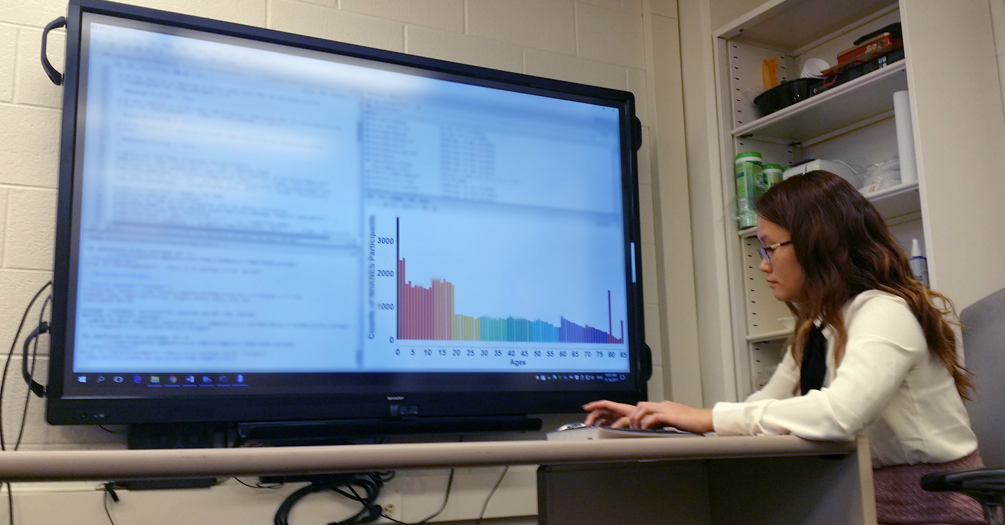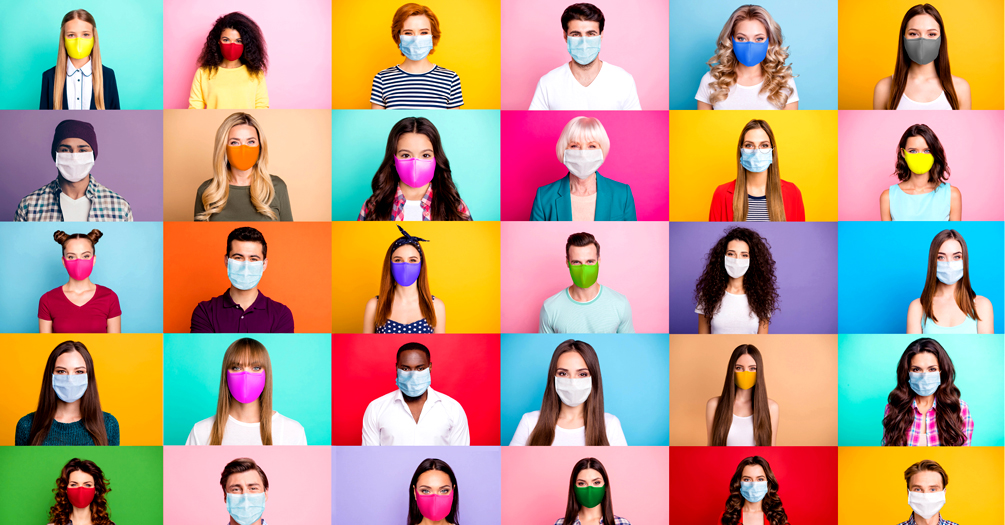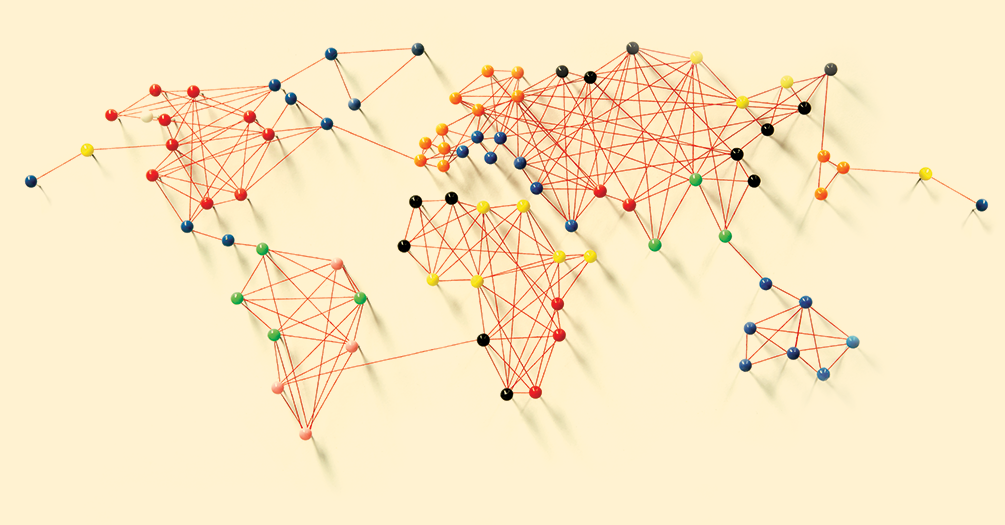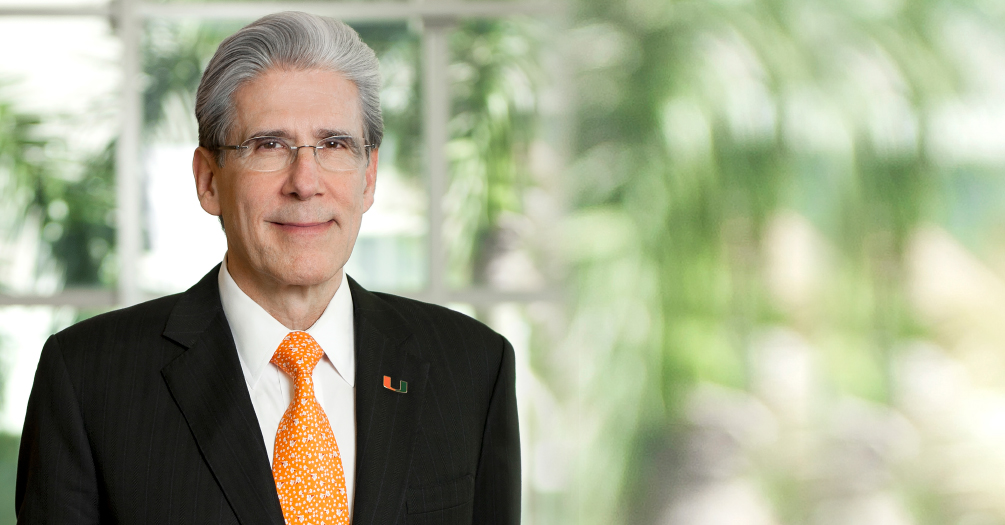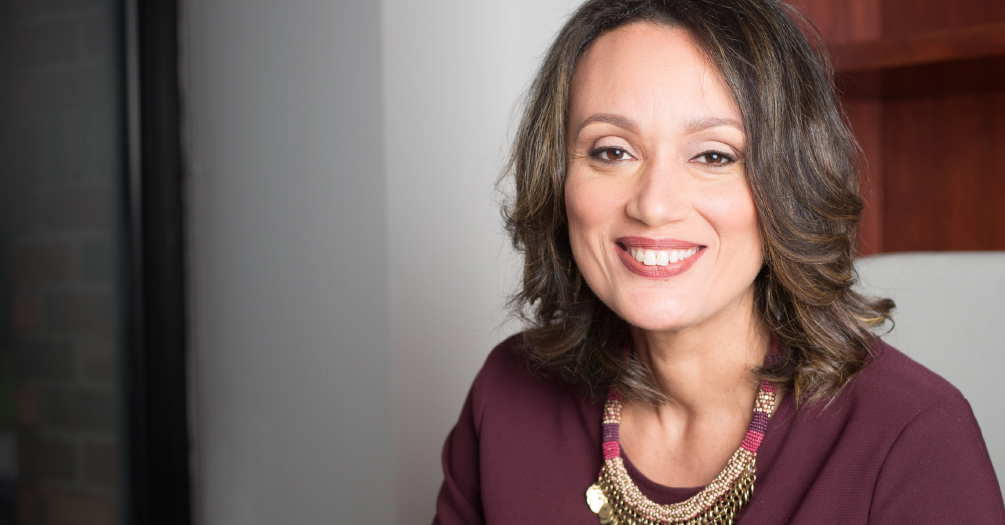
The future is uncertain, but public health is prepared, adaptable and resilient
By Laura Power, MD, MPH
With a new year quickly approaching and the anticipation of the coming political changes, Laura Power, clinical associate professor of Epidemiology, reminds us to remember that no matter what the future holds, public health is indispensable.

